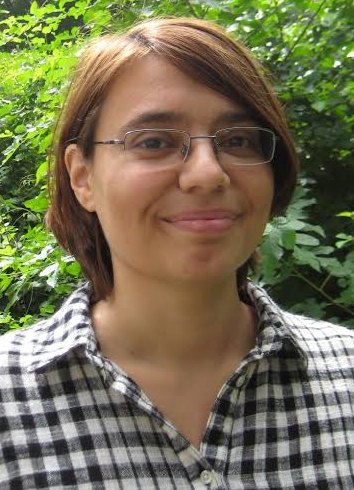
Jerry Walsh, Professor, Department of Chemistry and Biochemistry
Spencer Russell, Department of Chemistry and Biochemistry
Iglika Pavlova, Academic Professional, Biology Department
In-lab observations of teaching assistants in introductory biology and chemistry to understand productive instructor-student interactions and to create video materials for instructor training.
Proposed research:
In both the chemistry and biology departments at UNCG, graduate teaching assistants (GTAs) are central to instruction of undergraduate students in the required large-enrollment introductory level laboratory courses. We seek to involve them more deeply into the wider effort to inspire our diverse
student body towards persistence and careers in STEM. We would like to:
- understand the supports that GTAs require to become excellent teachers who can foster engaged critical thinking,.
- and then incorporate what we have learned into our GTA training.
We propose to video/audio record instructors and student working groups in laboratory sections of introductory chemistry and biology. A recording will provide data that will be used for both 1) educational purposes (to create GTA training materials) and 2) research purposes (to answer questions about the influence of GTA teaching on student learning). For the videos, the sections will be chosen to showcase teaching by experienced instructors, and focus on scenarios where students are actively engaged
in thinking, such as when designing an experiment or making inferences from data. For the research, we will address two major questions:
A) How do instructors respond to student questions, especially with regard to encouraging further thought?
B) How do students respond to instructor prompting, especially with regard to engaging in reasoning?
Observations will follow the Laboratory Observation Protocol for Undergraduate STEM (Velasco et al., 2016), with addition of prompts monitoring inquiry instruction from the Teaching Assistant Inquiry Observation Protocol (Miller et al, 2014). Our focus on the nature of interactions between student and instructor can provide direct evidence of the quality of instruction, allowing us to add to the literature which is mostly based on self-reporting. The research will provide additional information that we plan to further use in improving GTA training in both departments.
Expected results:1) Educational component: Create video clips to be used in GTA training, demonstrating productive instructor behaviors. 2)Research component: Understand instructor behaviors that promote student reasoning and lead to effective student learning, especially in CUR TP
environments. The research is expected to be novel and support our application for an NSF IUSE grant.